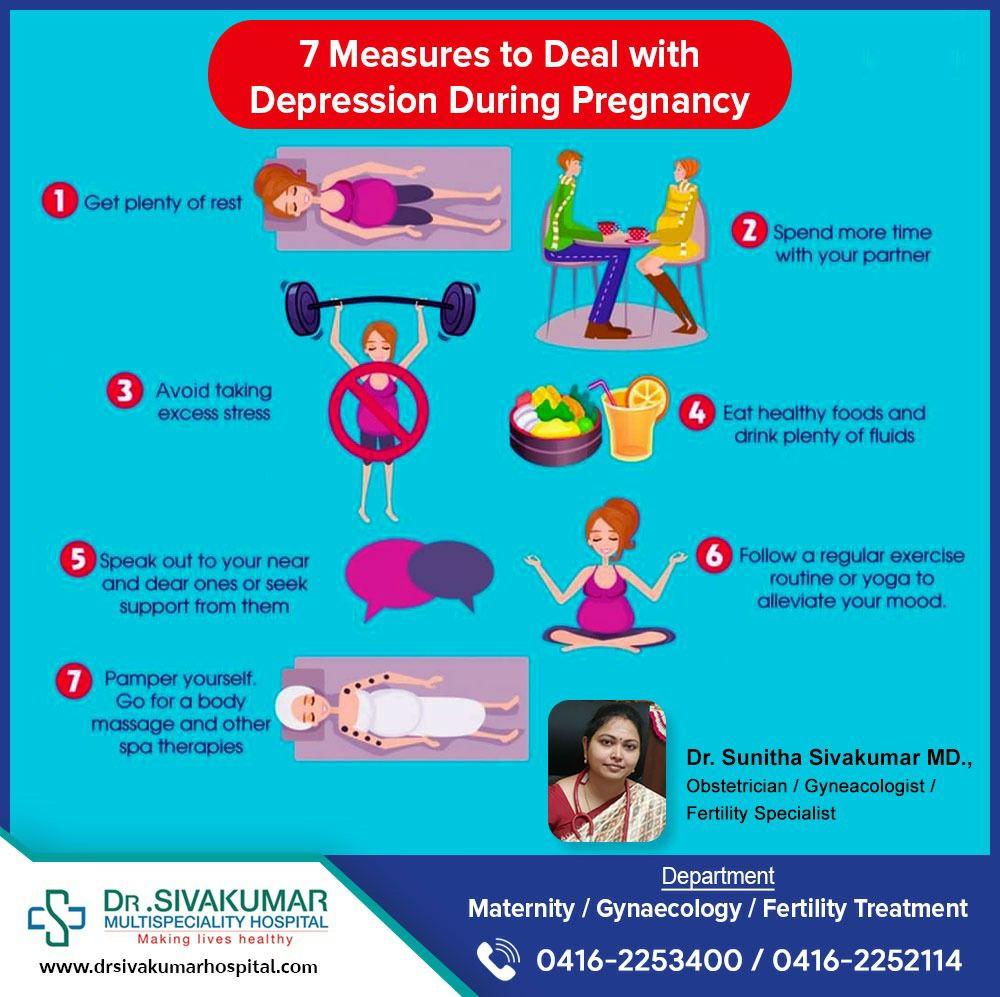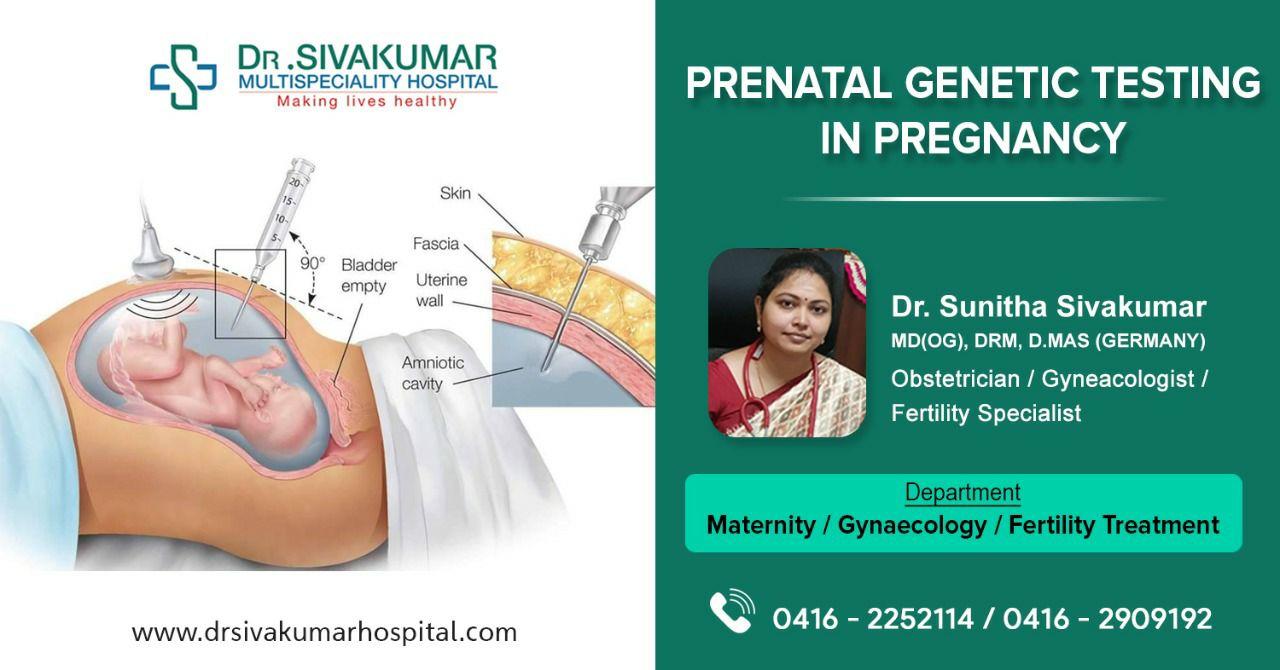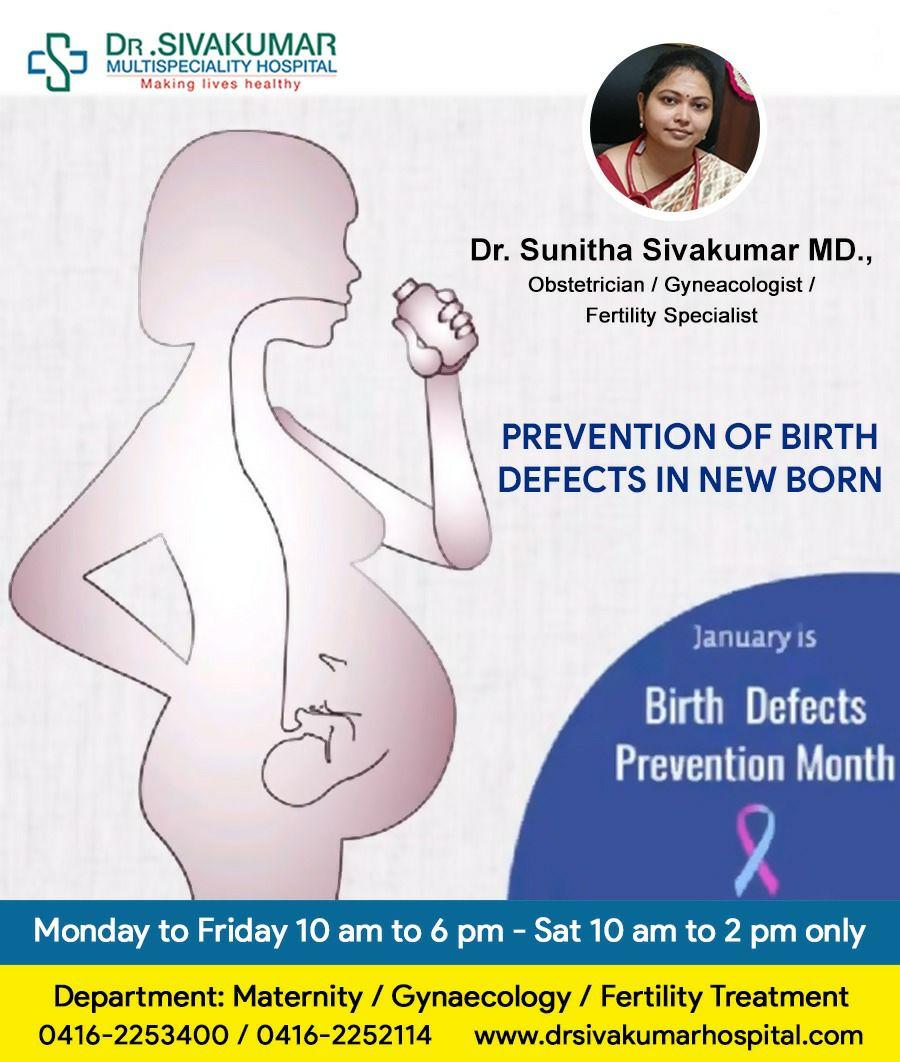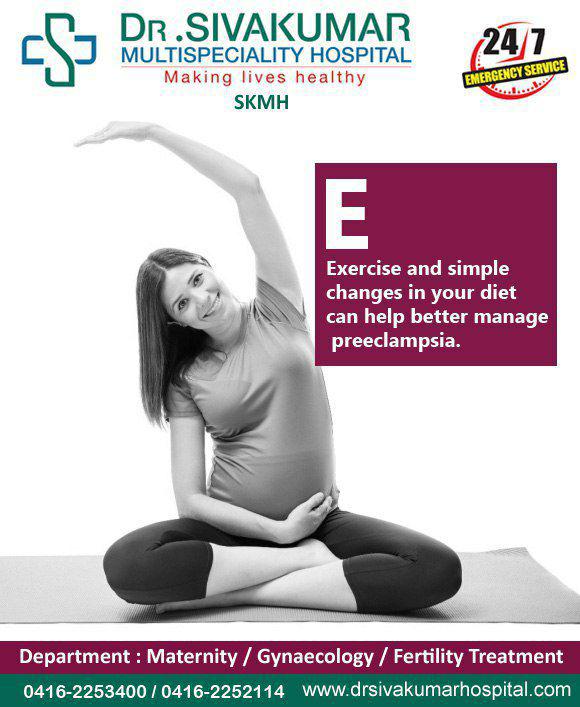#Pregnancy can be a time of joy -and stress. Research suggests that about 7% of pregnant women experience depression during pregnancy. If you have untreated depression, you might not seek optimal prenatal care, eat the healthy foods your baby needs or have the energy to care yourself. You are also at increased risk of #postpartum depression and having difficulty bonding with your #baby.
#Selfconfidence #Selflove #Confidence
#Loveyouself #Selfcare #Selfesteem
#Motivation #Mentalhealth #happiness
#Selfworth #inspiration #love #bodypositivity
#Mindfulness #life #selfie
#Womenempowerment #beauty #fitness
#believeinyourself #fashion #autoestima
#Positivevibes #beyourself #depression
#Selfawareness #loveyourbody #believe
#selfimprovement #personaldevelopment

Breastfeeding doesn’t always come naturally. So try not to worry if it feels a bit awkward at first. Breastfeeding is a skill that you and your baby learn together, and it can take time for both of you to get used to it.
To breastfeed comfortably, it doesn’t really matter where or how you choose to sit or lie back. What’s important is that you can settle your baby onto your breast easily.
Your newborn has a powerful instinct to seek out your breast. This is called rooting. When your baby’s rooting, you’ll see his lips move, and he’ll turn his head from side to side. He may also wave his arms and legs around.
Try out a few positions to find one that suits you, and helps your baby to easily root for and find your breast. This will help your baby open his mouth wide and get a good, comfortable latch onto your breast.
Laid back breastfeeding (Biological Nurturing)
Semi-reclined, with your baby lying across your stomach or shoulder to protect your caesarean wound.
Laid back breastfeeding after a cesarean:
If you find a position that works for you and your baby, It’s fine to stick with it. But if you have Sore nipples or other signs that baby is not latching on well, it can help to try different positions.
How do I start breastfeeding?
Sit or lie back so that your back i
Thyroid hormones are necessary for normal fetal development during the first 3 months.Because hypothyroidism and hyperthyroidism are possible, thyroid levels should be monitored before and throughout your pregnancy.
Thyroid hormones are particularly necessary to assure healthy fetal development of the brain and nervous system during the first three months of your pregnancy since the baby depends on your hormones, which are delivered through gland in the fetus will begin to produce its own thyroid hormones.
What happens if the thyroid disease in pregnancy is untreated?
Untreated thyroid diseases during pregnancy may lead to premature birth, preeclampsia (a servere increase in blood pressure), miscarriage, and low birth weight among other problems. Therefore, it is important to talk to your doctor if you have had a history of hypothyroidism or hyperthyroidism so you can be monitored before and during your pregnancy, and to be sure that your medication is properly adjusted, if necessary.
So if you have hypothyroidism – your doctor will add thyroxine supplementation and adjust your dose accordingly. If you have hyperthyroidism, your doctor will put you on anti- thyroid medications and adjust your dose appropriately.
Your doctor might advise a regular blood estimation of your thyroid levels every 4 to 6 weeks thro’ the pregnancy to kee
Pregnant ladies can have a weaker immune system and hence they fall under the high risk for covid19 category.
Taking adequate #Precautions as given below can lower the risk of any pregnant lady getting infected by 40- 60% atleast.
JUST BECAUSE THERE IS FEAR & PANIC , It really doeant mean that you should have it too. If the mother has fear and panic, the kid imbibes that nature too. So #staypositive #Happy #hydrated well.
For More clarifications,
Dr.Sunitha Sivakumar ,
Md(og), DRM(Reproductive medicine), D.Mas(Laproscopic, Germany)
Senior consultant & Laproscopy surgeon
DR.Sivakumar Multispeciality hospital,
Opp.to collector office, sathuvachari.
( #visit Timings- in view of govt.orders at present we are open only for gynecology emergencies and emergency surgeries only till april 16th)
www.drsivakumarhospital.com

What causes GDM?
When you eat, your pancreas releases insulin, a hormone that helps move a sugar called glucose from your blood to your cells, which use it for energy. During pregnancy, your placenta makes hormones that cause glucose to build up in your blood.
How to prevent gestational diabetes?
It is not always possible to prevent gestational diabetes. Certain risk factors make it more likely that a woman will develop gestational diabetes during pregnancy. However, maintaining a healthy weight before and after conception, eating well, and exercising regularly during pregnancy can all reduce the risk.
What should i do if i have GDM?
* MEET YOUR GYNECOLOGIST every fortnight for systematic check up to detect GDM induced pregnancy complications and its further treatment.
#There are three basic components in effectively managing gestational diabetes:
Monitoring blood glucose levels
Adopting a healthy eating pattern
Physical activity.
DR.SUNITHA SIVAKUMAR MD(og), DRM, D.Mas( Germany)
Consultation Timings :
10 am to 5pm( mon to fri)
10 am to 1pm ( sat)
For appointments and enquiries – contact 0416 – 2253400, 0416 – 2252114
Prenatal testing, screening, and diagnosis are important tools to help your doctor determine, before birth, whether your fetus has any genetic disorders or congenital anomalies. Tests can be anything from amniocentesis and chorionic villus sampling (CVS) to a simple blood test. These tests are especially useful to detect trisomies( genetic disorders in baby) for women who are pregnant in their 1st 15 weeks of pregnancy & also for pregnant women above 35 yrs who are at an increased risk for genetic abnormalities. For more clarifications, Meet our expert Obstetrician & Gyneacologist DR.SUNITHA SIVAKUMAR , MD ( og) Consultation Timings : Mon to friday : 10 am to 5pm Saturday : 10 am to 1pm
#Prenataldiagnosis #Gynecology #pregnancy # Healthy baby # genetics # parenthood # elderlymom # mom after 40 yrs # Infertility # planning a late marriage # elderly Mom# pregnancy tests
# DR. SIVAKUMAR MULTISPECIALITY HOSPITAL# SATHUVACHARI, VELLORE . # BIRTH DEFECTS PREVENTION# FOLATE VITAMIN #
Folic acid, a form of vitamin B, plays an importable role in a foetus’ neural tube development into the brain and spinal cord by enabling the production of red blood cells. It is found naturally in green, leafy vegetables and citrus fruits but can also be taken as a supplement, especially during the first few weeks of the pregnancy and 3 months before planning for pregnancy and 3 months before planning for pregnancy. This birth Defects awareness month, let;s join hands in raising awareness about congenital anomalies through proper intake of the required.
- Foods rich in Folate( green veggies/ Greens) ,
- Iron( dates/ jaggery / pomogrenate / Drumstick leaves) ,
- Fiber ( plaintain stem/ fruits / greens) ,
- calcium( Milk, curd , yogurt , sapotta fruit , spinach) are essential for the healthy growth of your baby thro’ out the pregnancy. Baby’s birth weight is determined by the healthy eating habits of the mother and also the mother’s co existing health condition ( like diabetes/ hypertension/ anemia/ heart disease/ thyroid disorders)







